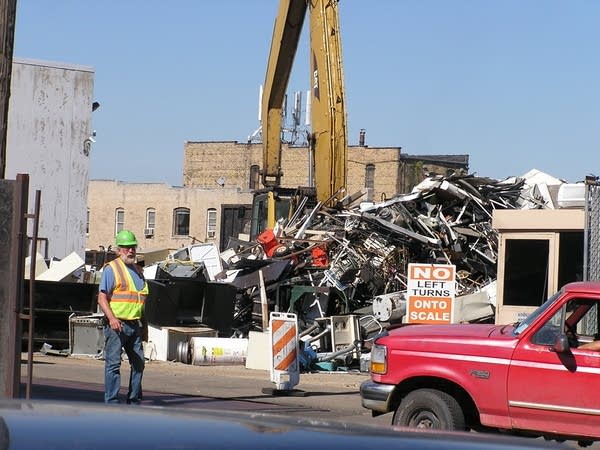Minneapolis community funds focus on lead poisoning, asthma

Thursday's gathering is just one development stemming from the resolution between Northern Metal Recycling and the Minnesota Pollution Control Agency over allegations of air pollution.
Stephanie Hemphill | MPR News file
Go Deeper.
Create an account or log in to save stories.
Like this?
Thanks for liking this story! We have added it to a list of your favorite stories.


